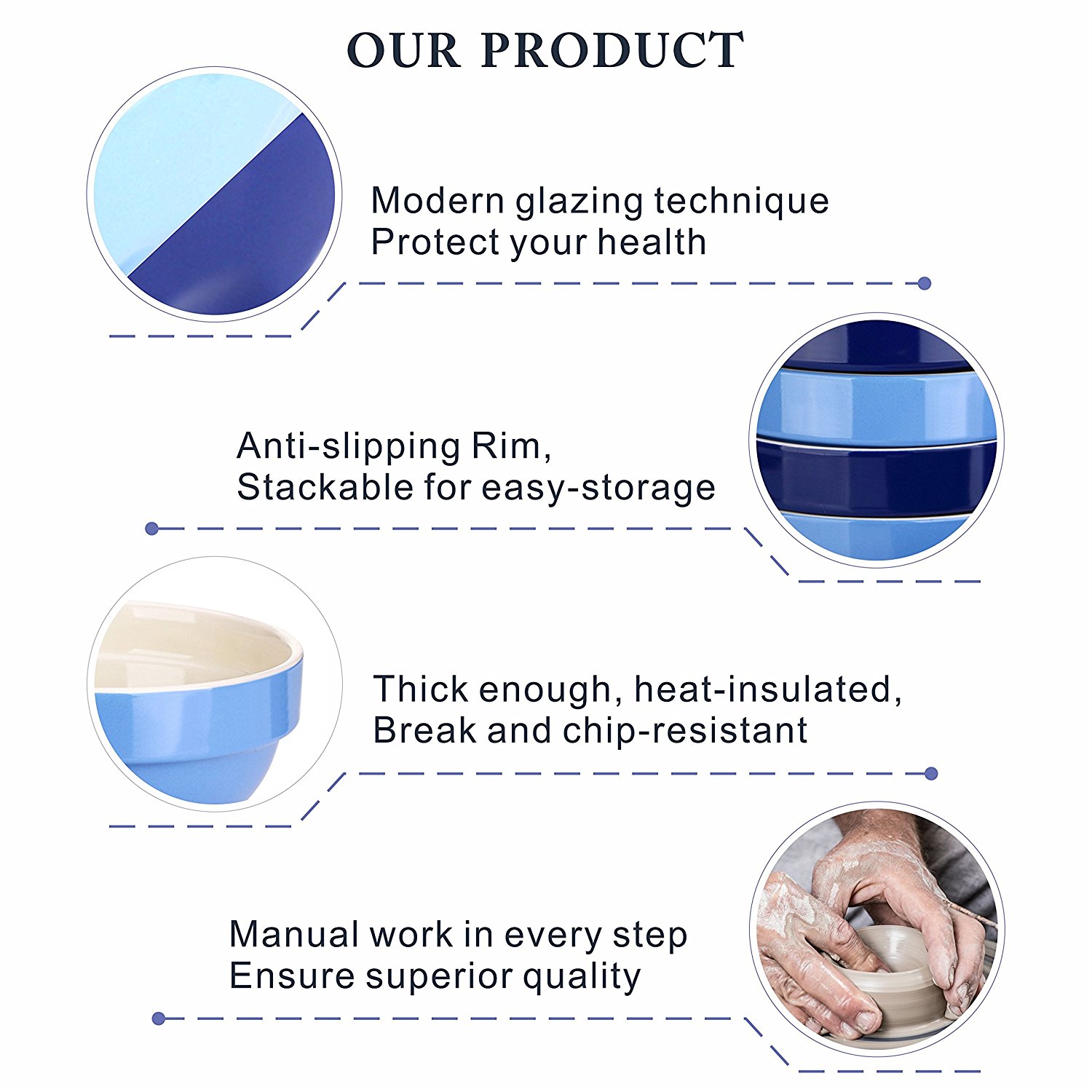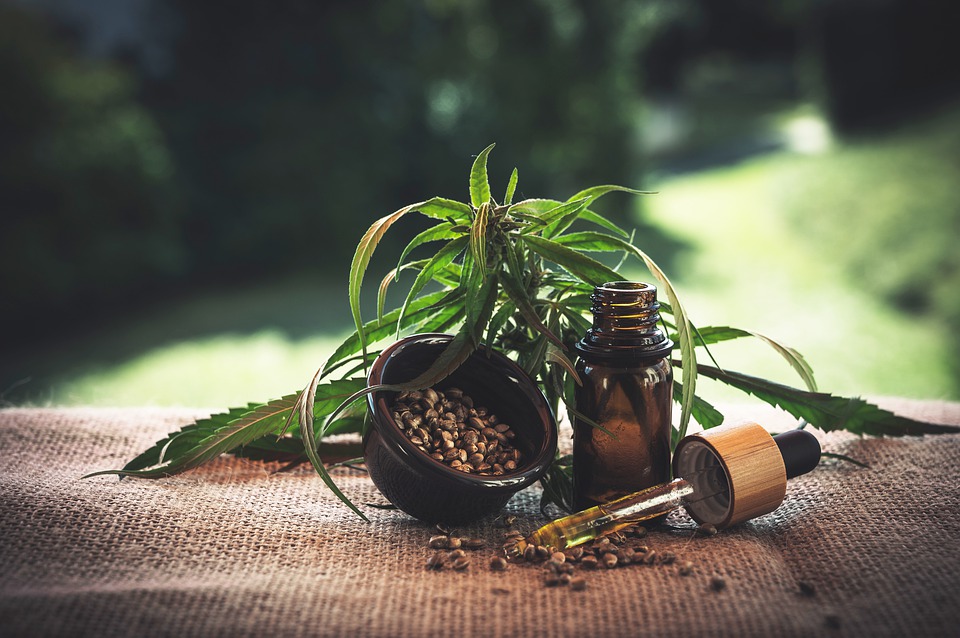By the time your dog reaches his twilight years, he’s walked tens of thousands of miles, eaten tons of dog food, chewed a fair few slippers, and given you countless sloppy kisses. The problem is he isn’t the same young, vibrant dog he once was. He has a few extra gray hairs for starters, but he may also be suffering from arthritis and failing eyesight.
A senior dog needs extra special care, so if you want to make your old pooch very happy, take note of the following advice.
Senior Dog Food
Older dogs often benefit from special food. Because they are less active, they are more likely to put on weight. This is not good for their health and puts extra pressure on their joints. Instead of buying an all-purpose dog food, stick to food designed for senior dogs. Senior dog foods contain extra added ingredients such as Glucosamine, fish oils and L-carnitine.
Before switching your dog to a senior brand, consult your vet. A dog with health problems doesn’t always benefit from senior dog food. Low protein foods, for example, can put pressure on failing kidneys. Your vet can advise you if this is an issue for your dog.
Dog Supplements
Senior dogs often suffer from arthritis and joint stiffness. A few targeted health supplements such as Truprofen can make a huge difference to the health and wellness of an old dog. The right supplements will soothe inflammation, ease painful arthritis, and make an old dog feel more comfortable in this twilight years.
If you are not sure what to supplement your dog, ask your vet for advice.
Take it Easy
Older pets don’t have the same tolerance to exercise as their young friends. They still love to go for walkies, but they can’t walk as far or at such a brisk pace. If you have dogs of different ages, take your older dog out separately or keep him on a leash while the younger dogs gallop around.
Most old dogs are happy to amble along, sniffing trees and lampposts at their leisure. Two short walks per day is probably enough for a senior dog, but let him guide you.
Quiet Times
Young dogs are happy to bounce around, playing with the kids, and burning off excess energy tearing around the garden at a hundred miles an hour. Older dogs would much rather sleep. Once your pet begins to slow down, give him plenty of time and space to sleep. Buy him an extra-large, super soft bed where he can rest his aching joints and snooze in peace.
A quiet corner in a room not frequented by kids and visitors is the perfect place for an old dog to take a nap. Make sure his water bowl is nearby and he doesn’t have to walk too far to let you know when he needs to go outside to answer a call of nature.
Look after your old dog and he should remain happy and content, right up to the day he departs for the big dog kennel in the sky.
Tammie~

Leave a Reply